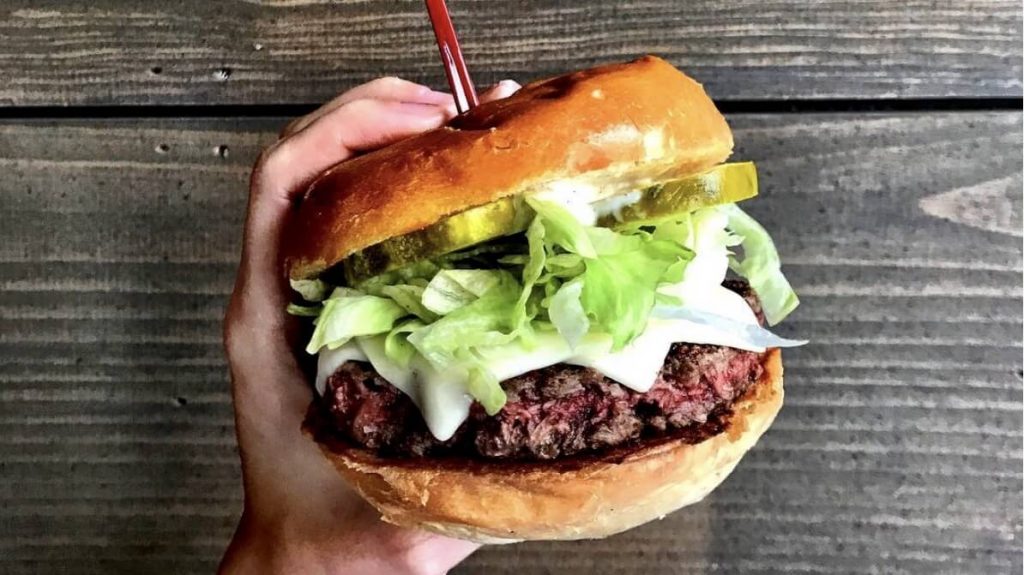Roquette, an international specialty food ingredient supplier, is adapting to the growing consumer trend of plant-based purchasing. Fueled by the popularity of animal-free products, particularly those high in vegan protein, the company has placed an emphasis on its textured pea protein offering.
Nutralys T70S, Roquette’s raw pea protein, has undergone improvements due to the high demand for cruelty-free and sustainable protein sources. Marc Renaud, Roquette’s European market manager, explained this move: “Taste and texture are the attributes with which to convince flexitarians that they can find appetizing solutions. This makes it a key to painlessly reducing meat product consumption. That’s why we developed a new grade of textured pea protein with an improved texture.”
Renaud’s co-worker and Roquette’s European marketing communications manager Marie Blondel also chimed in. “This Nutralys T70S displayed an exceptional texture improvement that ensures a real meat-like texture, more chewability, and a pleasant mouthfeel,” she said.
The company ensures that Nutralys T70S is “clean” and “environmentally-friendly,” and can serve as a comparable substitute for a variety of meats, including beef, poultry, pork, and fish. The product is also gluten-free and vegan.

Renaud told Food Ingredient First, “With NUTRALYS T70S, Roquette’s ambitious aim is to become the leader in non-soy, plant-based protein enrichment for the meat substitutes market.”
Market research has proven that the plant-based industry is booming, and companies are seeking out the best natural alternatives to provide customers with that same “meaty” taste and texture while also promoting health and lessening their environmental impact. According to data from Innova Market Insights, there was a 45 percent increase in vegan food and beverage options between 2013 and 2017, and Europe is leading the way in the meat substitute consumer market.
Companies such as Beyond Meat, Impossible Foods, and New Wave Foods already seem to have unlocked the code to creating incredibly meat-like burgers, sausages, and shrimp, but many smaller regional companies are also practising innovation in the field. For example, the UK’s Iceland supermarket created its own version of the “bleeding burger” with its No Bull Burgers, and a young company in the US, Good Catch Foods, is prepared to launch its fish-free seafood later this year. By working together, natural ingredient suppliers like Roquette and plant-based companies can create a new line of delicious, sustainable, and cruelty-free foods.
Image Credit: Impossible Foods


